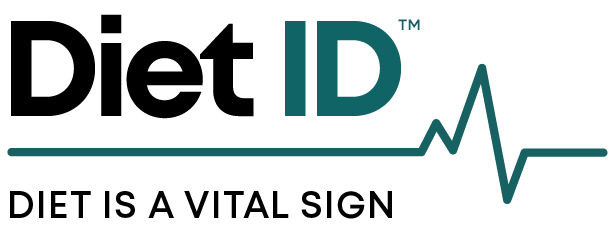New evidence from a nutrition study published in JAMA Internal Medicine confirms what we already know: multiple healthy eating patterns can be adapted to individual food traditions and preferences. In the interest of improving diet quality for all people, it’s important to promote improvement in diet quality in the contexts of food preference, eating styles, and cultural identity.
In other words, there is more than one way to eat well. The study revealed that people who followed a high-quality dietary pattern, whether Mediterranean, plant-based, DASH or other – had a significantly lower risk of chronic disease and death compared to those following a typical American pattern. All high quality eating patterns, the authors reported, have several things in common. In spite of the different approaches to measuring quality, all high-quality patterns emphasize whole grains, fruits, vegetables, nuts, and legumes, and are low in saturated fat, added sugar, and refined grains.
The study, an analysis of 75,000 women and 44,000 men as part of the Nurses’ Health Study, compared mortality outcomes between the highest quality and lowest quality eaters, as measured by four distinct scoring systems. They reported a 20% risk reduction among those following the higher quality eating patterns. And this 20% difference is between the top and bottom levels of the observed diet quality levels in the population, not the extremes of the quality scale that most people do not achieve. In other words, by going the extra mile with truly “optimal” eating, a much greater risk reduction is possible. And while the study examined a relatively narrow range of dietary (quality) patterns, the same good effects can be achieved across a much wider expanse, including a diversity of culturally tailored diets.
Eating well is not about sacrifice. Diet ID recognizes individual food traditions, cultural influences, and preferences, and helps everyone improve their health with personalized, evidence-based dietary guidance.


